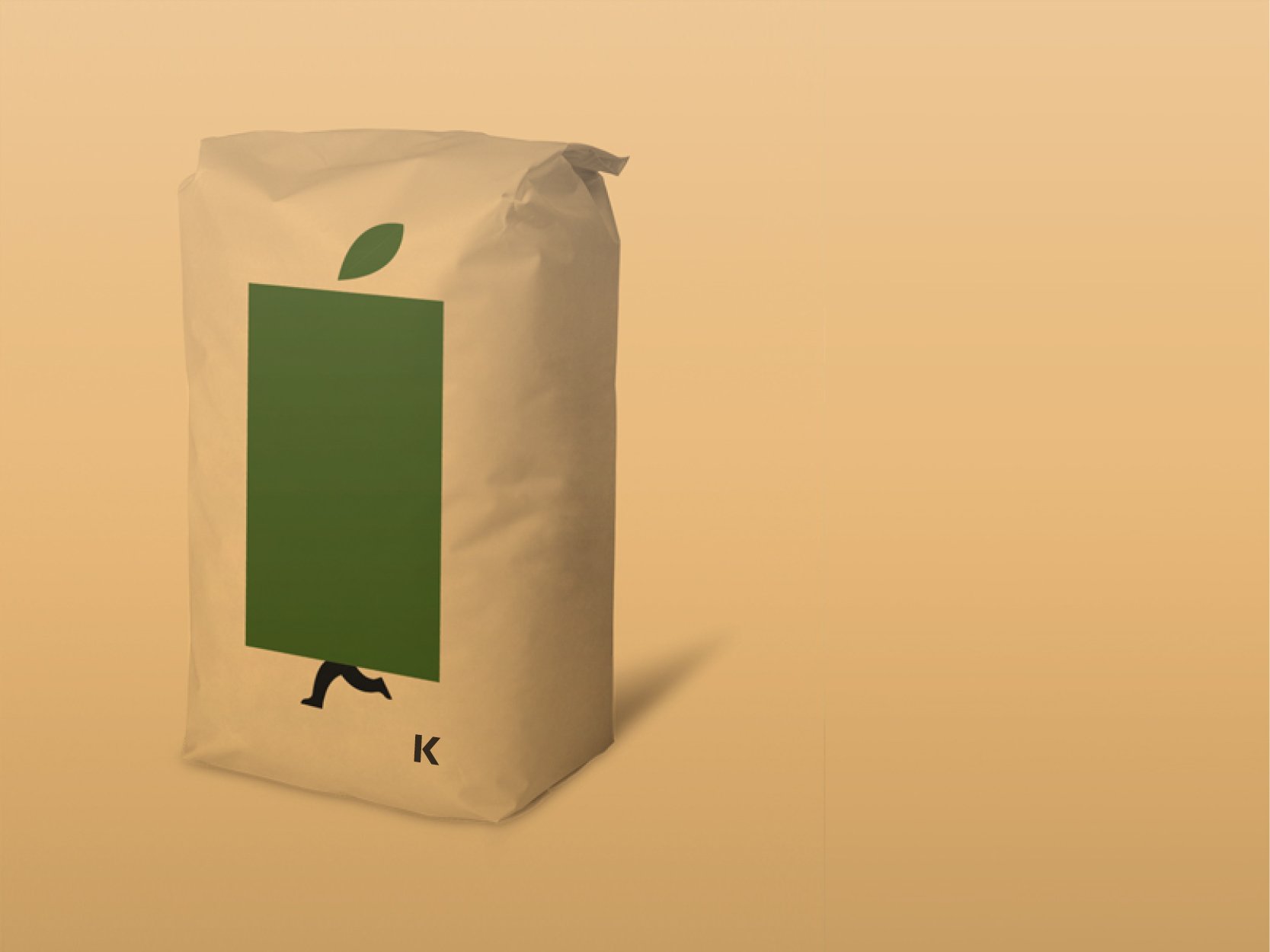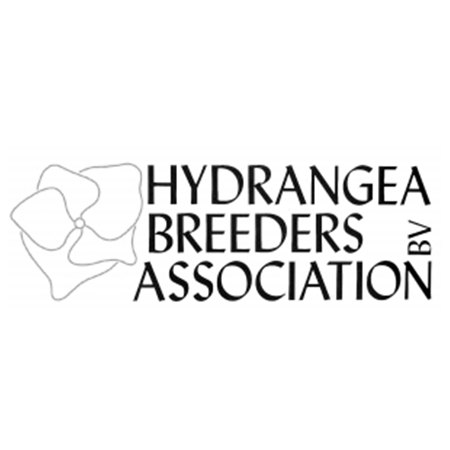Trademark protection for growers and breeders
Let your mark grow!
As a grower or breeder, your product is your most valuable asset. To stay ahead of your competitors, you need to protect this asset to the best of your ability.
Plant breeder’s rights protect cultivars as a product and give the cultivar it’s variety denomination. However, nowadays it is equally important to protect the variety tradename of your cultivar or product series. You can do this by having the variety tradename registered as a trademark.
Knijff is a trademark firm specialised in protecting trademarks.
One of our specialities is trademark protection in the horticultural sector. For many years we have had the pleasure of working with many smaller and larger growers, breeders and suppliers in the industry. Over the years we have built an extensive customer base of trademark proprietors who know they can count on us.
As a grower or breeder, your product is your most valuable asset. To stay ahead of your competitors, you need to protect this asset to the best of your ability.
Plant breeder’s rights protect cultivars as a product and give the cultivar it’s variety denomination. However, nowadays it is equally important to protect the variety tradename of your cultivar or product series. You can do this by having the variety tradename registered as a trademark.
Knijff is a trademark firm specialised in protecting trademarks. One of our specialities is trademark protection in the horticultural sector. For many years we have had the pleasure of working with many smaller and larger growers, breeders and suppliers in the industry. Over the years we have built an extensive customer base of trademark proprietors who know they can count on us.
-
Trademarks are used to distinguish the products or services from a specific grower or breeder from those of a competing grower or breeder. Trademarks come in all shapes and sizes. From a trade designation or company name, to a logo, drawing, stamp, print, shape, colour or slogan.
By having your mark registered in the trademark register, you obtain a trademark right. This right entitles you, and you alone, to the exclusive use of this trademark in connection to the goods or services covered by the registration. It enables you to take action in case of infringement by unauthorized use of your trademark by another company. The mere use of a trade designation does not create a trademark right! To obtain a trademark right, your trade designation must be registered.
WHY DO YOU NEED TO REGISTER?
A trademark registration entitles you to the exclusive use of a particular mark. This is an effective weapon in the fight against infringement. Once your trademark is registered, you can stop others from using or registering your mark or a confusingly similar mark. In other words, registration is crucial to secure the investments you make in your mark.
The goodwill of a highly marketable cultivar is linked to the name under which it is sold. By selecting your own trademark rather than using the generic variety name to put a cultivar on the market, the goodwill connected to your trademark can be extended to any improvements made to the variety. This goodwill can also be used to introduce a new cultivar on the market under the same trademark. Provided the trademark is registered, of course.
Another advantage of trademark rights is that they are perpetual. Plant breeder’s rights are valid for only 25 or 30 years. However, once this plant breeder’s right lapses, a breeder can hold on to the accumulated goodwill, provided he has been using a registered trademark. What’s more, a grower without plant breeder’s rights, can even create his own market based on a strong mark.
Last but not least, the same trademark can be used for a whole range of varieties, species and end products. The varieties do not even need to be taxonomically related for the goodwill connected to the trademark to be used to increase the sales of another species from the same breeder or grower.
WHERE DO YOU NEED TO REGISTER?
It is useful to register your mark in those countries where you (intend to) use the mark. It is not possible to register a mark worldwide by means of a single registration. You will need to register your mark in each country or region separately. There are a number of international treaties that enable registration in several countries at once:
National registration – you register your mark in each country in which you have an interest, individually.
International registration – a system that allows you to include over eighty countries in a single registration.
European registration – a single registration protects your mark in all countries of the European Union.
It is crucial that you register on time. The adagio ‘First come, first serve’ certainly applies here. What is the best and most cost-efficient manner for you depends on your ambitions and budget.
-
A trademark registration entitles you to the exclusive use of a particular mark. This is an effective weapon in the fight against infringement. Once your trademark is registered, you can stop others from using or registering your mark or a confusingly similar mark. In other words, registration is crucial to secure the investments you make in your mark.
The goodwill of a highly marketable cultivar is linked to the name under which it is sold. By selecting your own trademark rather than using the generic variety name to put a cultivar on the market, the goodwill connected to your trademark can be extended to any improvements made to the variety. This goodwill can also be used to introduce a new cultivar on the market under the same trademark. Provided the trademark is registered, of course.
Another advantage of trademark rights is that they are perpetual. Plant breeder’s rights are valid for only 25 or 30 years. However, once this plant breeder’s right lapses, a breeder can hold on to the accumulated goodwill, provided he has been using a registered trademark. What’s more, a grower without plant breeder’s rights, can even create his own market based on a strong mark.
Last but not least, the same trademark can be used for a whole range of varieties, species and end products. The varieties do not even need to be taxonomically related for the goodwill connected to the trademark to be used to increase the sales of another species from the same breeder or grower .
-
To protect your variety tradename as a trademark, you simply follow the following three steps.
STEP 1: SEARCH – CRUCIAL BEFORE USING AND REGISTERING YOUR MARK
Before you register your variety tradename as a trademark, it is advisable to search pre-existing trademark and variety denominations. With a million marks in the European trademark register alone, there is a very real chance that another company has already claimed an identical or a confusingly similar mark.
A database search allows you to assess whether your mark is in fact available and does not infringe prior rights. This helps preventing claims for damages or a forced termination of the use of your mark. All in all, having a search performed is a small investment considering the potentially huge (financial) consequences.
Knijff has developed a search tool especially for the horticultural sector. It searches not only for objectionable marks, but also for variety denominations that could frustrate use and registration of your trademark.
This search will help you define the various risks and make an informed decision whether to continue with the chosen variety tradename or to choose an alternative to prevent later problems.
Advantages:
Expertise with regard to the risks connected to pre-existing marks and variety denominations.
Possible conflicts can be eliminated in advance, clearing the way for registration and use of the proposed mark.
A small investment to help avoid potentially huge (financial) consequences.
STEP 2: KNIJFF HAS YOUR VARIETY TRADENAME REGISTERED
If your variety tradename is available, you can use and register it as a trademark. Based on the information received from you, we will draw up a proposal for the trademark application including a specification of the goods and/or services for your review. If you are in agreement, we will file the trademark and monitor the whole registration procedure and all deadlines.
STEP 3: WATCHING, TO KEEP INFRINGERS AT BAY
Once the variety tradename has been registered as a trademark, you obtain the exclusive right to use this trademark. Based on this right, you can oppose the use and registration of similar marks, variety tradenames, domain names and even variety denominations. However, remember that as the proprietor you have to take initiative to take action against infringement to defend your mark!
Knijff’s watching services helps you keep track of infringements. We can notify you as soon as an application for an infringing mark is filed. Monitoring enables you to act promptly to limit the damage and to save legal fees.
Advantages:
Trademark watching signals infringements at the earliest possible stage to limit the damage to your mark.
Trademark watching saves you money. Cost effective opposition procedures are available in order to avoid having to take infringers to court in expensive legal proceedings.
Trademark watching is more effective in case of infringement. If you act promptly, an infringing party has not yet invested in their mark and will more likely terminate its activities than a party that has been using the infringing mark or variety tradename for years.
Trademark watching is essential to actively protect your mark.
SPECIALIST ADVICE IN CASE OF INFRINGEMENT
Are any of your competitors infringing your trademark? Then you can rely on Knijff to take action immediately. We have extensive knowledge of the horticultural sector and we can pinpoint likely areas for confusion and infringement. Our approach takes into account the rights to your marks, trade names and plant varieties.
Are you being accused of infringing another mark? We are the ones to turn to for help. With our knowledge of the industry and by performing a search in the register of trade marks and variety denominations, we can establish your legal position and see if there is room for defense, negotiation or even a counterclaim.
-
Knijff is a trademark firm specialised in protecting trademarks. One of our specialities is trademark protection in the horticultural sector. For many years we have had the pleasure of working with many smaller and larger growers, breeders and suppliers in the industry. Over the years we have built an extensive customer base of trademark proprietors who know they can count on us.
MANAGING YOUR TRADEMARK PORTFOLIO AND ADVICE
Once your mark has been registered through Knijff, we will be there for you if ever you need advice or a sparring partner. Did you know for instance that a registered mark must be used correctly to maintain the rights to the mark? Or when and how to use the ® and TM symbols? It’s good to have someone around who has this knowledge and can help you by reviewing your promotional materials.
It is also important to remember that the scope of protection of a registered trademark is never static. For instance, consistent use of a mark will boost its reputation. And that, in turn, boosts the protection scope. On the other hand, if a registered trademark is used incorrectly, this will reduce the scope of protection. A mark may even become a generic indication. If that happens, the trademark right is lost. In order to prevent this from happening you must advertise your trademark correctly and take action against generic use of your mark by any other party, like an auction. Not an easy job, surely, but you can rely on us to help you.
If you would like dedicated assistance by attorneys who know the horticultural sector inside out, then please contact us. Ellen Gevers and François Mol are recognised trademark attorneys specialised in the horticultural sector. They will be pleased to advise you on the protection of your trademarks.
“At Knijff, our horticultural specialist attorneys speak your language to give you the advice and guidance you need.”
“Grow your mark with our horticulture experts”
Connect with our horticulture experts
Ellen Gevers //
Managing Partner & Trademark Attorney
François Mol //
Trademark Attorney
The Agriom case
Read all about on how we have protected the trademarks for breeder Agriom.
Our clients
Keep infringers
at bay
We have extensive knowledge of the horticultural sector and we can pinpoint likely areas for confusion and infringement. Our approach takes into account the rights to your marks, trade names and plant varieties.
Once your variety tradename has been registered as a trademark, you obtain the exclusive right to use this trademark. Based on this right, you can oppose the use and registration of similar marks, variety tradenames, domain names and even variety denominations.
However, remember that as the proprietor you have to take initiative to take action against infringement to defend your mark!
Knijff’s watching services helps you keep track of infringements. We can notify you as soon as an application for an infringing mark is filed. Monitoring enables you to act promptly to limit the damage and to save legal fees.
If you would like dedicated assistance by attorneys who know the horticultural sector inside out, then please contact us.
Ellen Gevers and François Mol are recognised trademark attorneys specialised in the horticultural sector.
They will be pleased to advise you on the protection of your trademarks.
& more on horticultural trademark protection
The Horticulture Q & A
-
A variety denomination distinguishes new and unique varieties from varieties that already exist for a particular species. The variety denomination must be used when trading propagating materials such as seeds, cuts, bulbs, tubers and rhizomes, even if the new variety is not (or no longer) covered by any plant breeder’s rights. In other words, variety names are never exclusive.
Trademarks are specific to the products of the plant breeder who registered the trademark. Using a trademark enables you to set yourself apart from other breeders, even if you market the same variety. Used as a specification of origin or quality, trademarks can be used for any number of varieties of the same, or even another, species. Alternatively, you can use different trademarks for the same variety. Trademarks may only be used by their owners, or with the latter’s consent. And that means you can claim the exclusive right to a trademark! In principle, trademark rights can apply indefinitely.
-
Plant breeder’s rights grant their owners the monopoly on trading propagation materials of new varieties, but do not protect the tradename of that variety. So if you have come up with a brilliant name that you don’t want to share with others, or if you plan to market a product range under that name, then remember to register the tradename as a trademark. Then select a name for the variety denomination that has less commercial appeal.
-
Yes, we can. We can start by doing a search to establish if a particular variety denomination or tradename/mark is still available. For this we will check both the trademarks register and the variety denomination register. If you need our help in deciding on the right strategy, we will be happy to make an appointment with you to go over the various options.
-
Whether or not you can take action defending your variety tradename depends on the actual situation. A variety tradename does not give you a right or monopoly to that name. However, if you have registered the variety tradename as a trademark, chances are that you can defend it. Contact one of our specialist attorneys for more information about the various options.

















